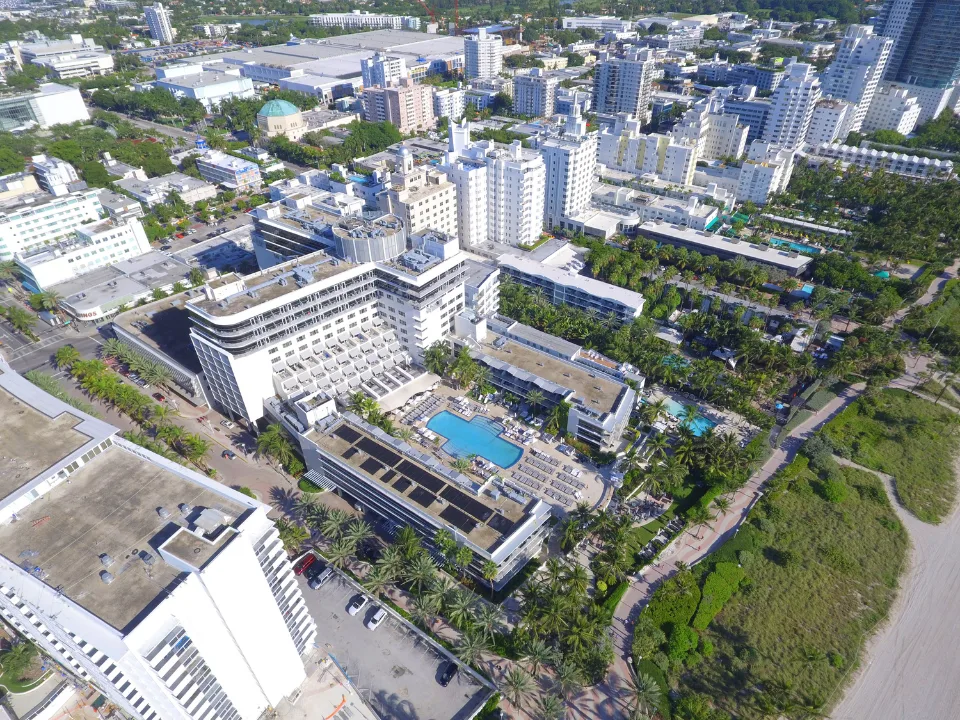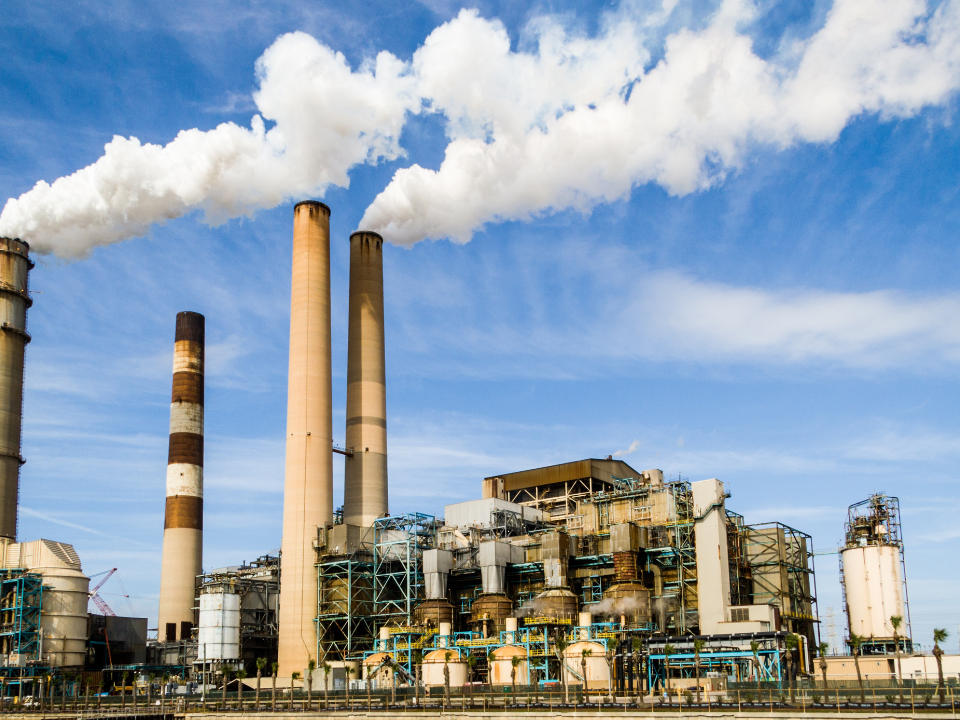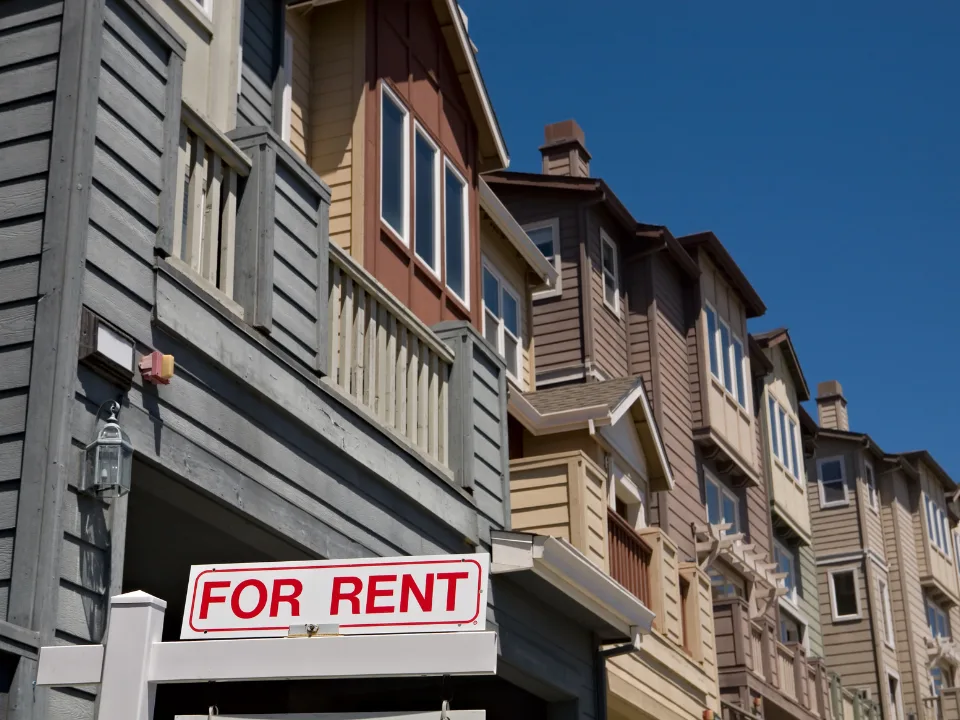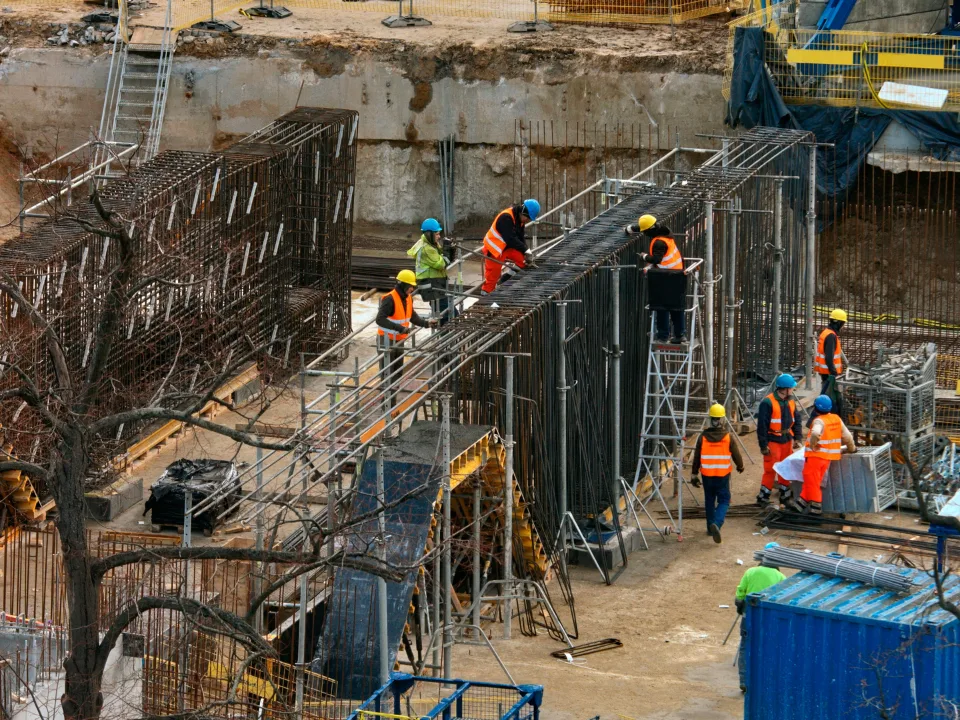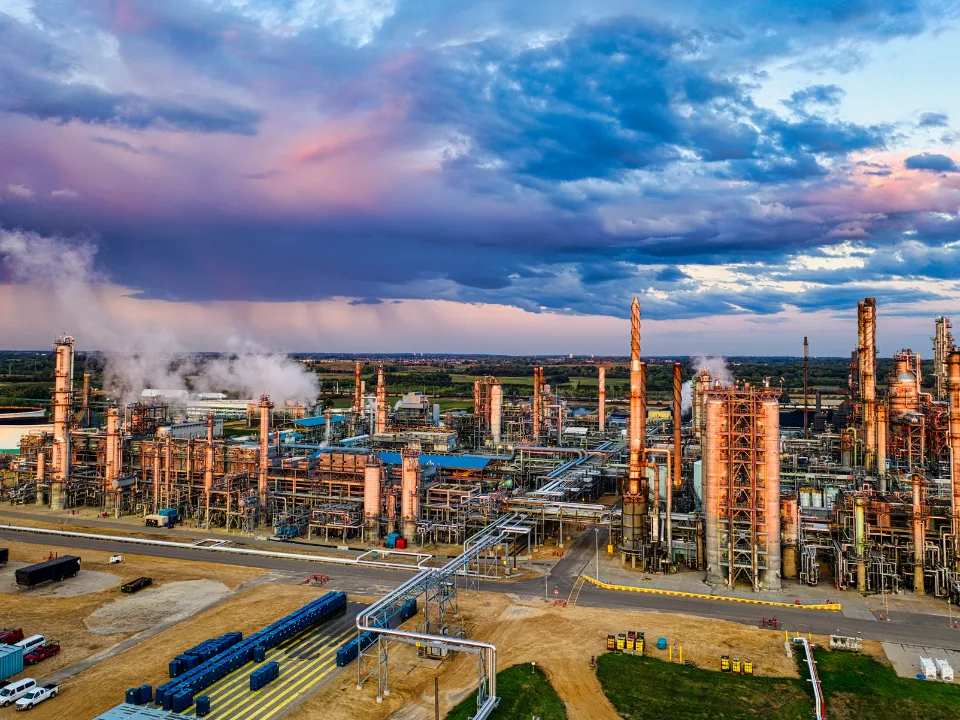- Industrial vacancies in the largest 25 metros increased by 202 bps to 6.4%, largely due to oversupply.
- Industrial rent growth has slowed, with 5.3% YoY growth in asking rents across major markets, following a 20% spike in 2023.
- As new construction declines, vacancy rates should stabilize by early 2025, bringing supply and demand back into equilibrium.
As reported in GlobeSt, the industrial real estate market has seen rising vacancies and slowing rent growth due to an oversupply of new developments over the past two years.
However, according to a report by Colliers, as construction slows down, vacancy rates and rents are both expected to stabilize, potentially reaching equilibrium by early 2025.
Vacancy Trends
Over the past 8 quarters, the top 25 industrial metros saw an influx of new supply, leading to a 202 bps rise in the average vacancy rate, now at 6.4%.
Markets like Phoenix, Atlanta, and the San Francisco Bay Area saw the largest spikes in vacancies, with Phoenix seeing a dramatic 651 bps increase.
Meanwhile, metros like Cleveland and Detroit saw little change or even declining vacancy rates.
Supply Slowdown
While new industrial supply has surged in recent years, the number of properties under construction has dropped by 50% in the past year.
On a YoY basis, new supply in major markets fell by 18%, and vacancies are expected to slow as the pipeline of new developments shrinks.
Slowing Rent Growth
In the first half of 2024, asking rents for industrial properties were up by 5.3% YoY across the largest 25 metros, reaching $11.07 PSF.
However, this is a slowdown from the 20% rent growth observed in 1H23. Markets like Minneapolis-St. Paul and Phoenix saw the largest rent hikes, up 24.9% and 22.7%, respectively.
Future Outlook
With industrial net absorption down by 47% in 1H24 compared to the previous year, and new construction slowing, the industrial market is expected to see vacancy rates peak by early 2025.
As supply and demand balance out, rents and vacancies are likely to stabilize, offering more consistent conditions for industrial real estate stakeholders.


